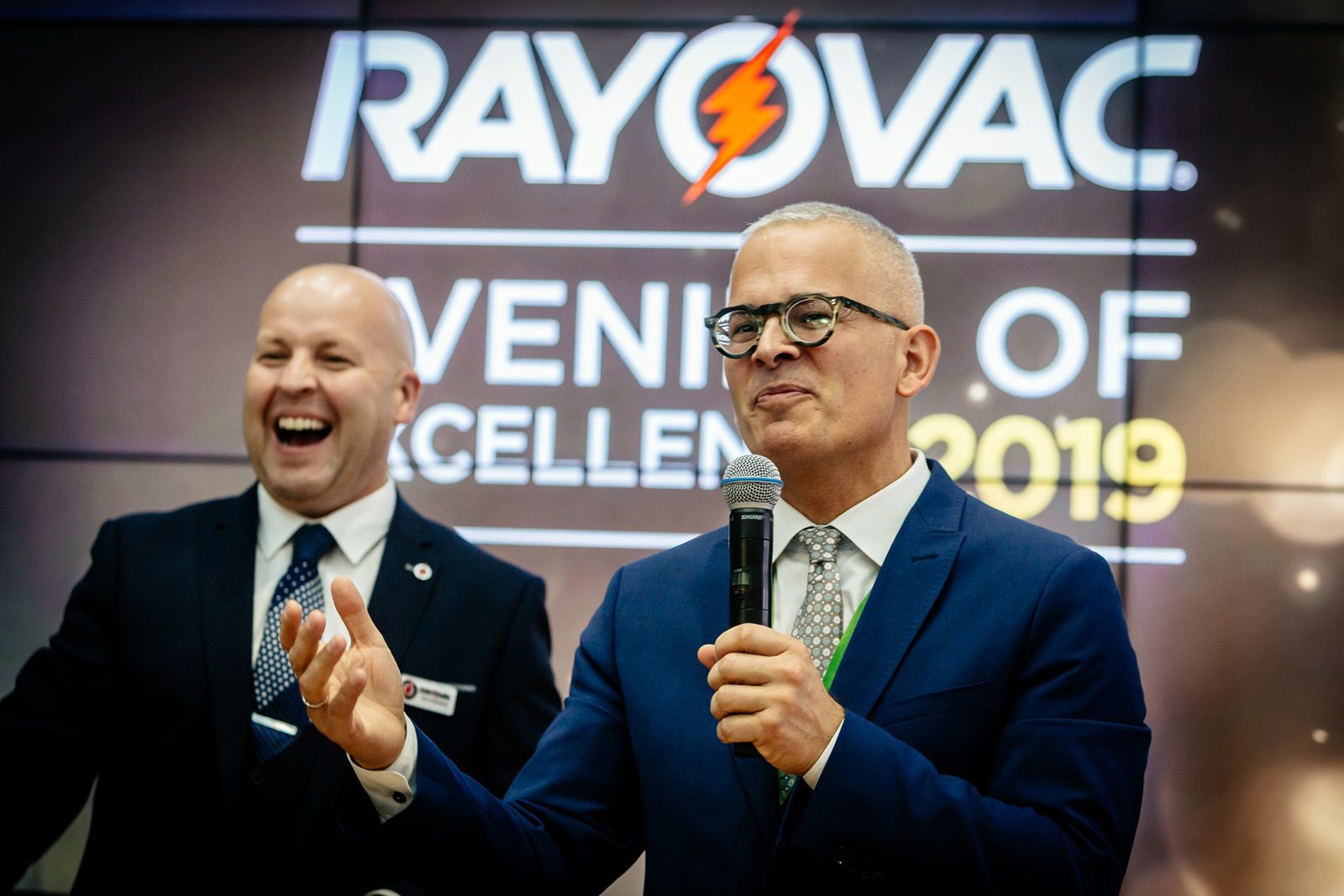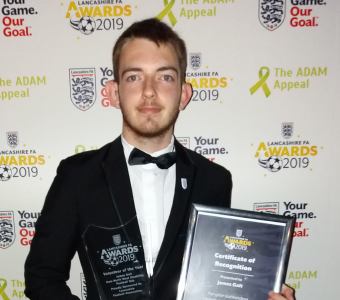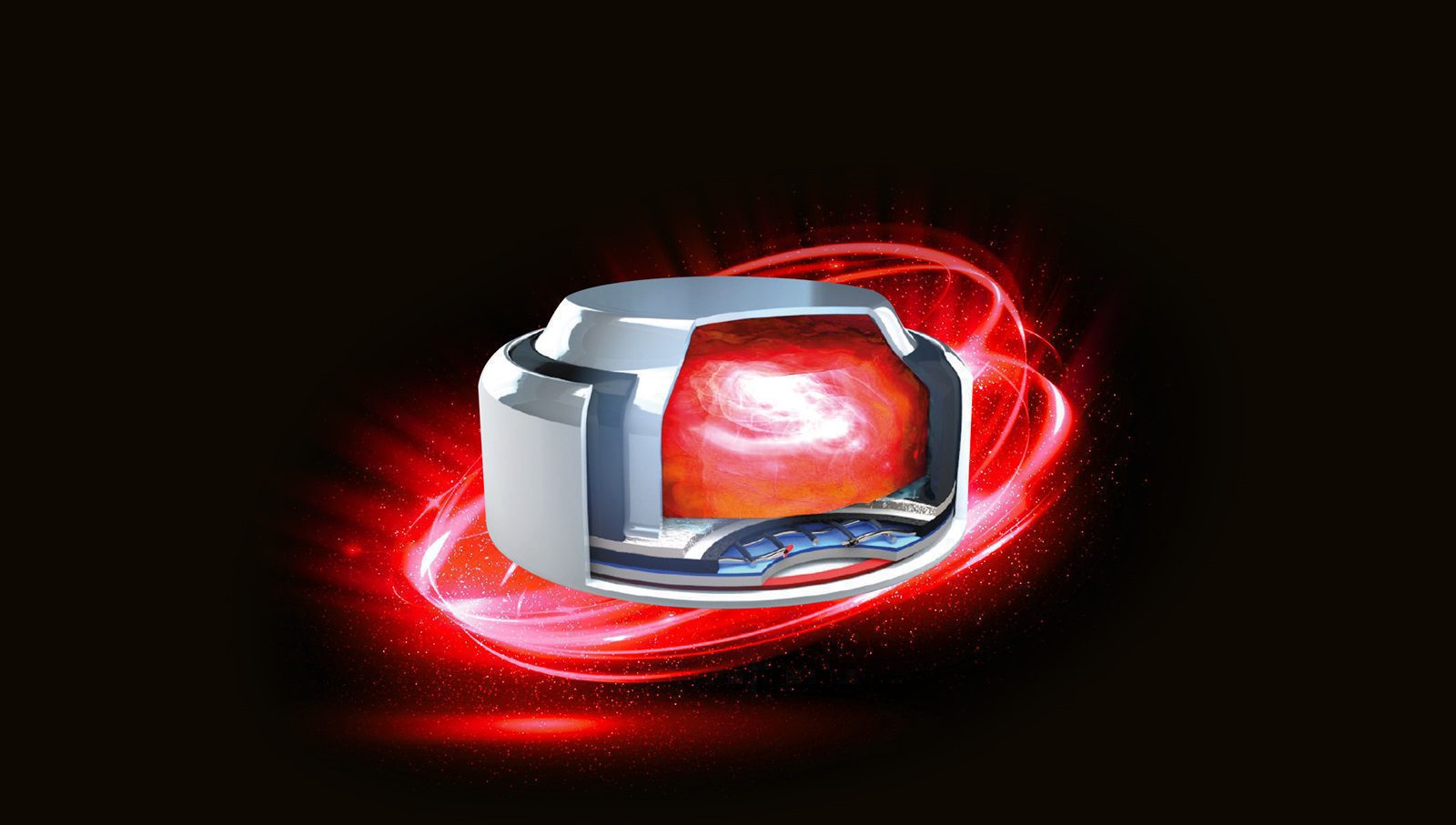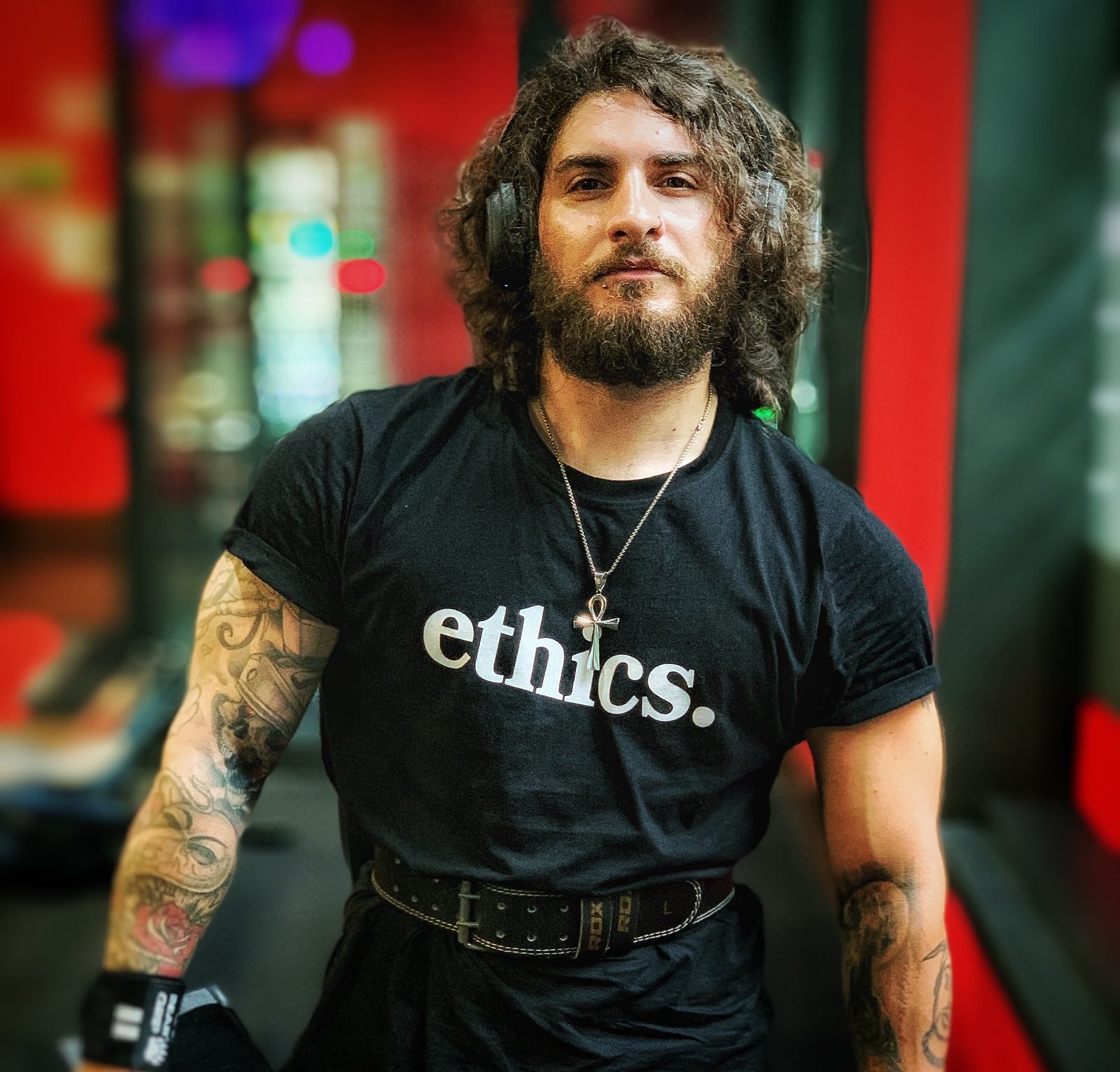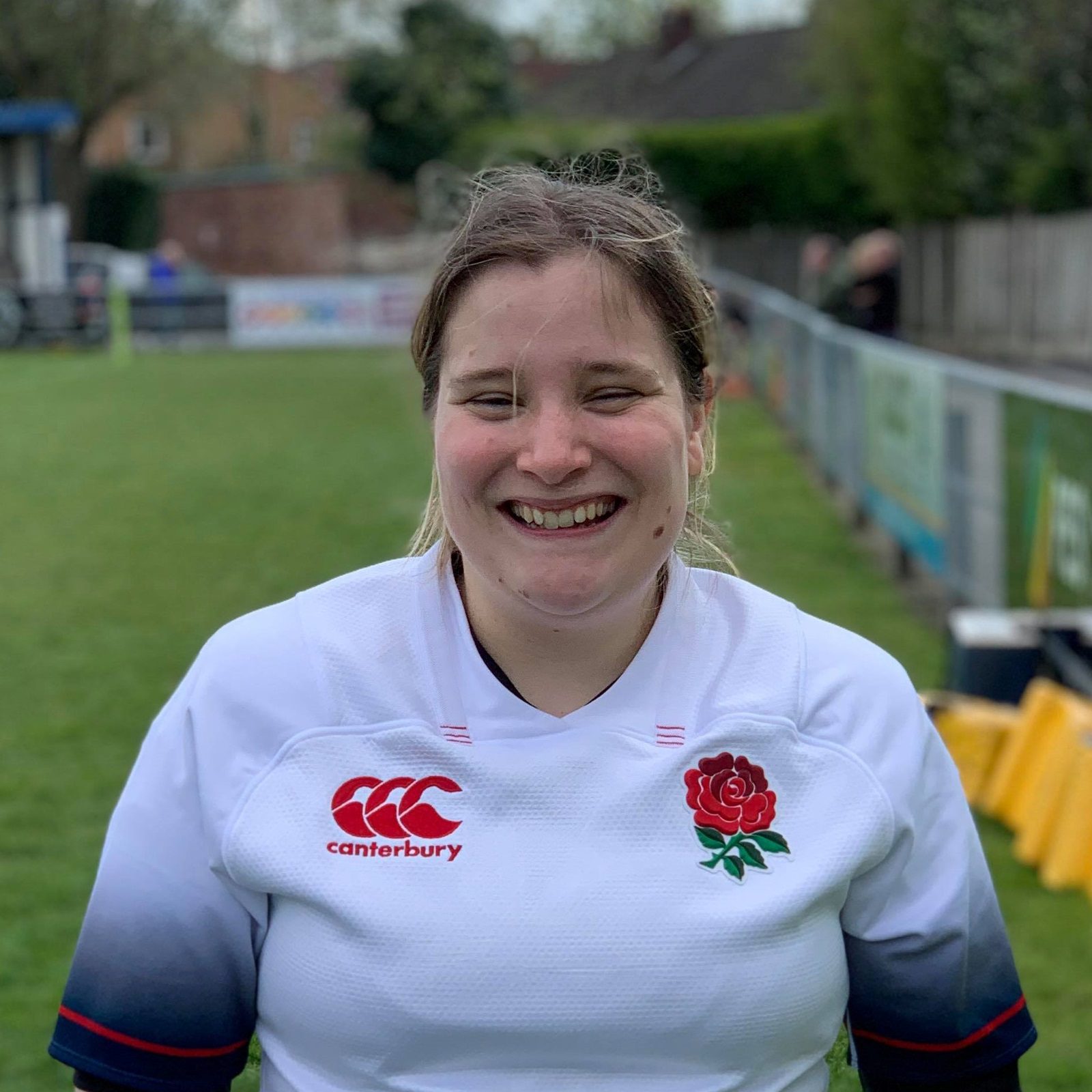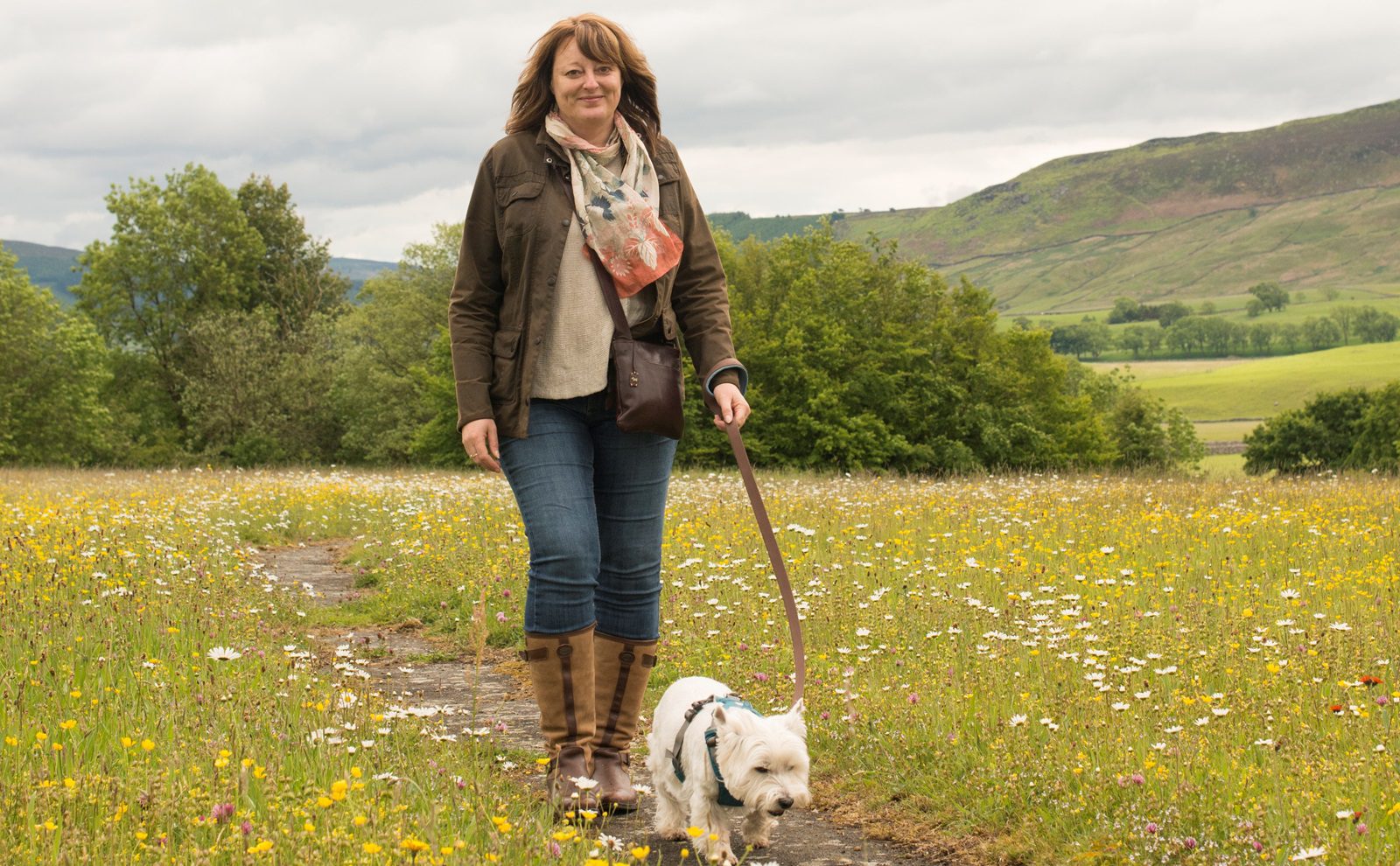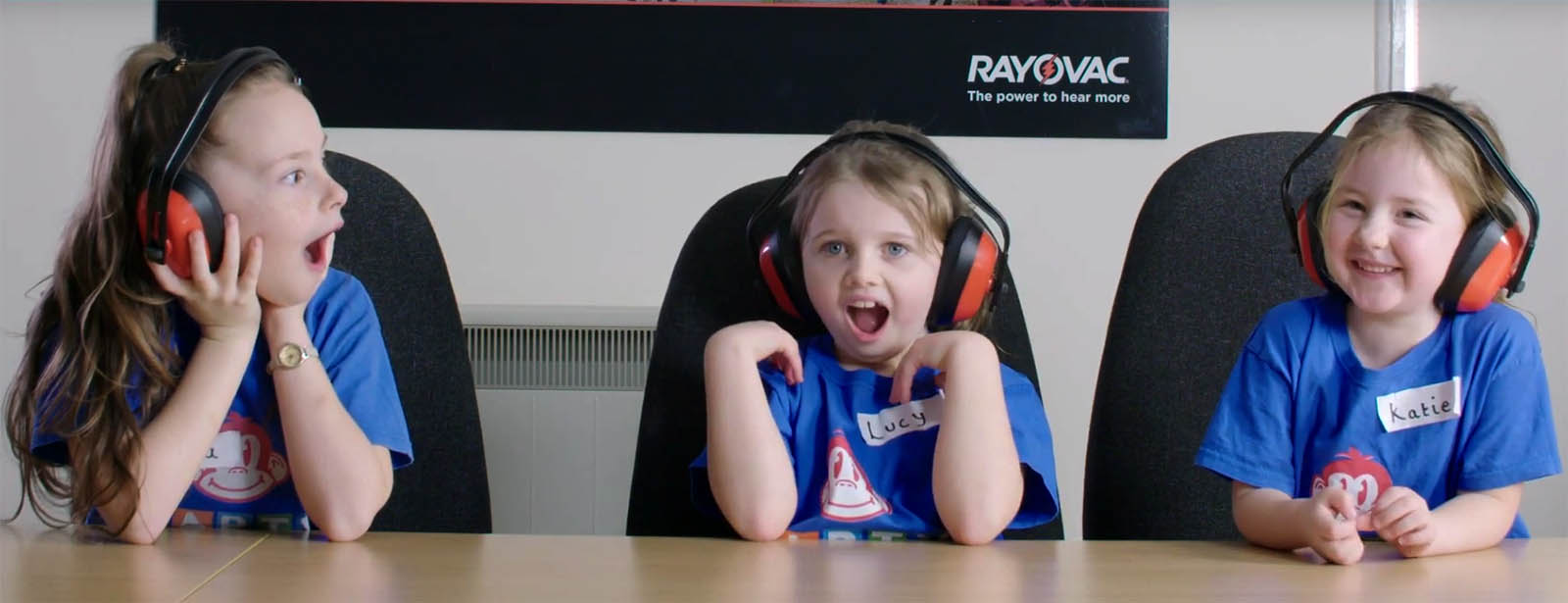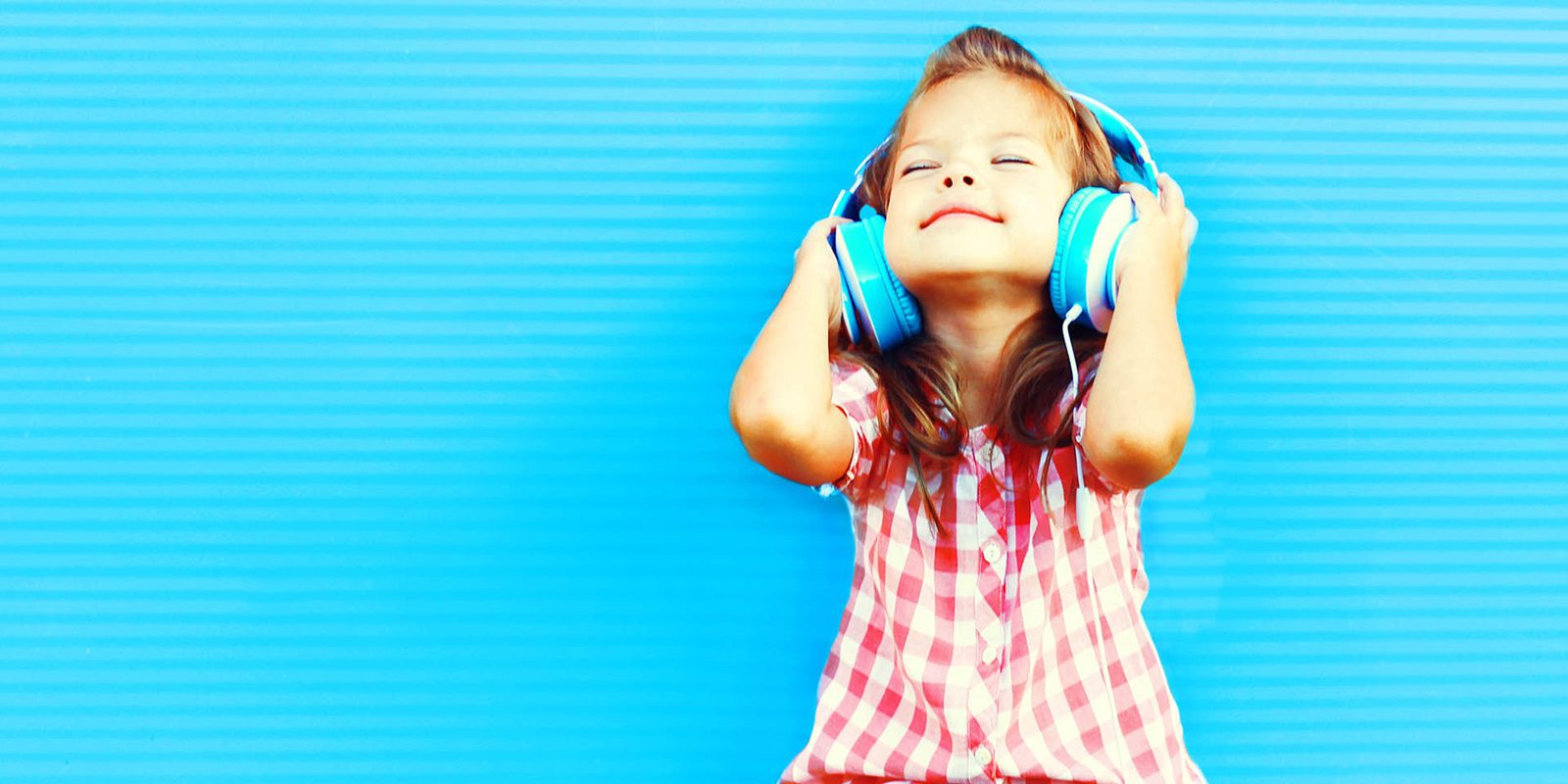What do we mean by healthy hearing? Why is it so important?
According to the World Health Organization, more than 50% of all hearing loss is preventable. Hearing loss caused by loud music, headphones and other environmental noise is on the increase.
Knowing the risks and taking steps now to protect yourself from noise-induced hearing loss, while addressing age-related hearing loss and preventing further damage, gives you the power to hear more, for longer. We caught up with Audiologist Emily Balmer, Director at The Hearing Suite to find out more and have put together some guidance on maintaining healthy hearing.
How can you prevent hearing loss?
Healthy hearing starts with looking at your daily activities, identifying the ways you could be damaging your hearing and taking steps to prevent further hearing damage. There are small changes we can all make in our everyday lives that can have a big impact on our hearing health.
Be more aware of your hearing and ear care
Many of us are used to getting our own and our family’s eyesight checked on a regular basis. We are aware of the need to protect our eyesight and are used to wearing glasses or seeing other people wearing glasses for reading, driving and other activities. Being able to look after your hearing starts with identifying what is normal for you and familiarising ourselves with the signs and symptoms of hearing loss.
Adjust your appliances and devices to prevent hearing damage
Noise induced hearing loss is on the increase. Once you are more aware of your hearing and the importance of preserving it you may want to look at the devices you use on a regular basis. This includes adjusting the volume on your TV, radio and smartphone, especially if you are using headphones.
Wear ear protection at concerts and noisy work settings
There are a range of discrete options available to protect you from permanent hearing damage while at work or listening to your favourite band. While music venues are closed due to the COVID-19 pandemic, when things open back up, pay attention to the volume and how close you are to the speakers. It is a good idea to take time out at a noisy venue and to give your ears a break following exposure to loud music.
Keep your ears in tip top shape
A build-up of naturally occurring ear wax can have an impact on your ability to hear clearly. Speak to your pharmacist about over the counter remedies and if problems persist, speak to your GP. Find out more on ear wax build-up[1] from the NHS.
Protect your head when cycling or taking part in other sports
Traumatic head injuries can cause several issues related to hearing including tinnitus and hearing loss. It is a good idea to take steps to protect your head when working in environments where there is a risk of head injury as well as wearing appropriate headgear when taking part in sports like cycling, boxing and cricket.
Have your hearing tested
Heredity, exposure to loud noise and ageing are all commonly related to hearing loss. Working in a noisy environment can result in hearing damage. A family history of hearing issues could also be a red flag that is an indication that you need to watch out for early symptoms of hearing loss Moreover, it is estimated that more than 40% of people over 50 years old have hearing loss, rising to 71% of people over the age of 70.[2] If you are in one of these higher risk groups or have noticed a change in your hearing, a hearing test, either through a referral from your GP or directly with a private hearing specialist will provide you with a baseline for your hearing and a greater understanding of any steps you can take to ensure that you hear more for longer.
Read more about the importance of hearing loss awareness and healthy hearing at www.rayovac.eu/WorldHearingDay
If you have found this information useful why not take a minute to share it on Facebook or Twitter*?

